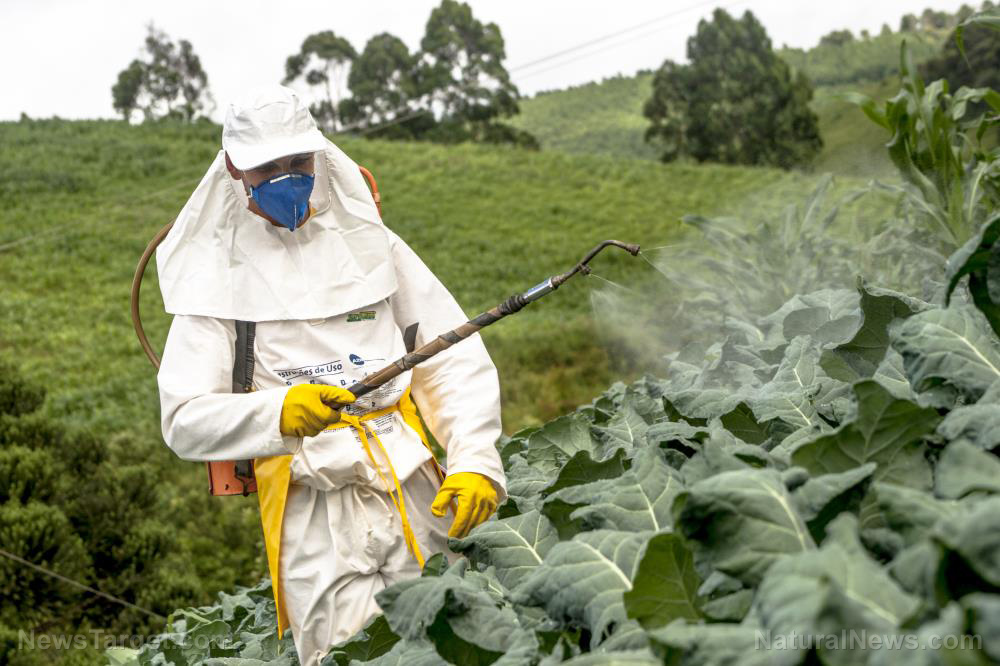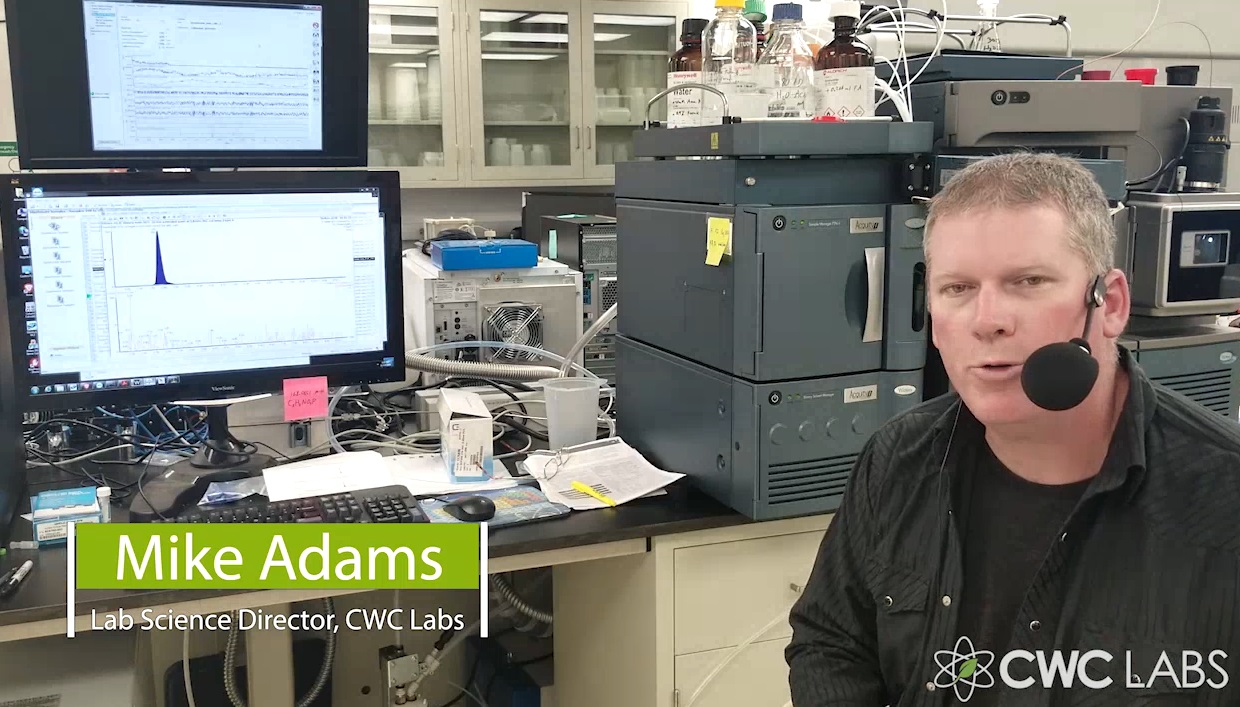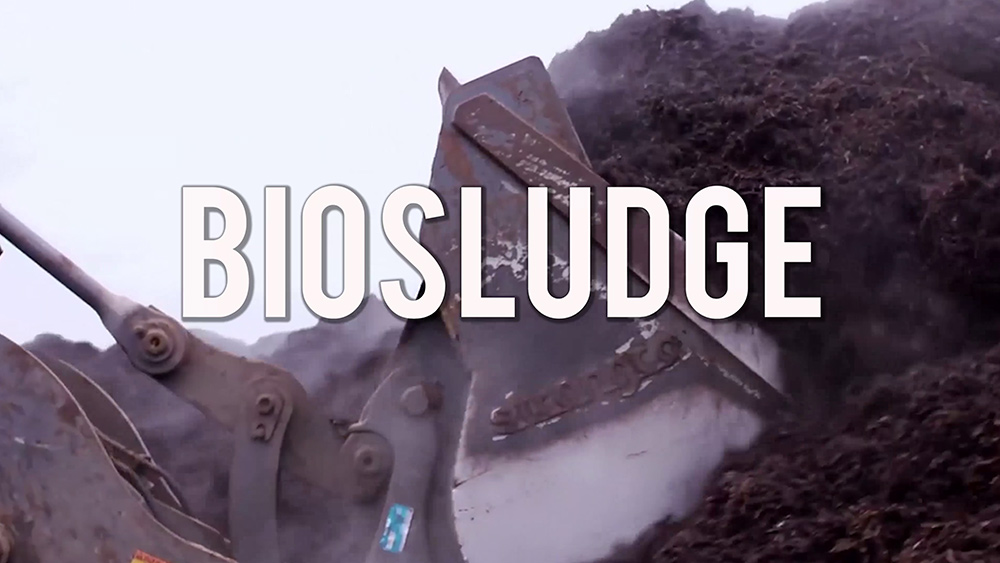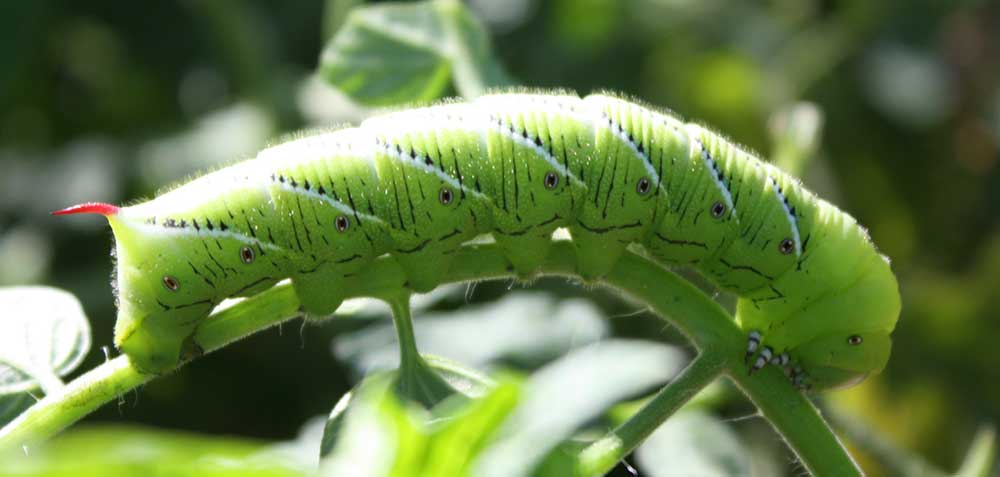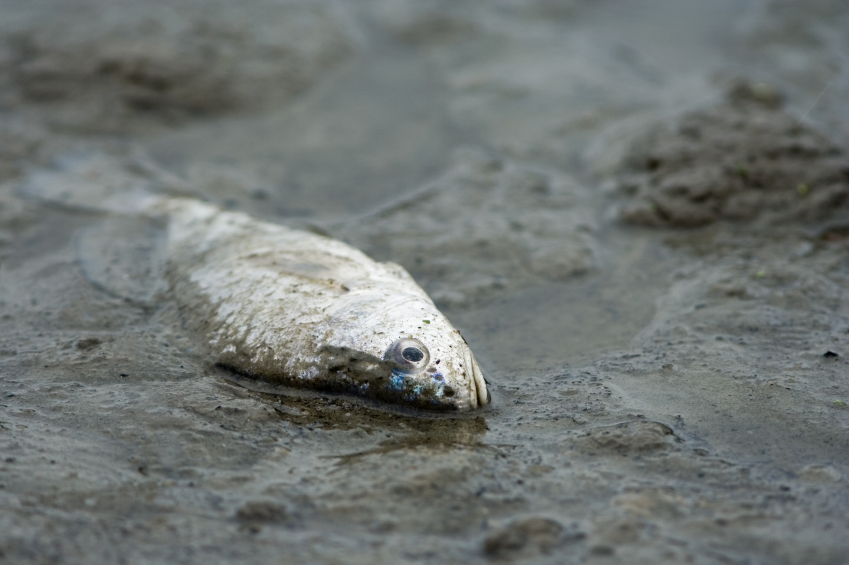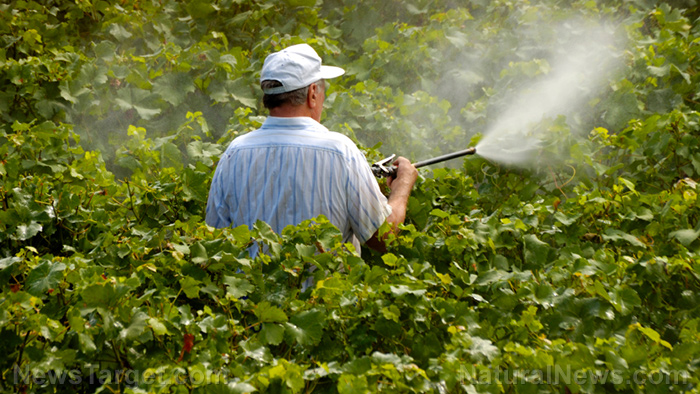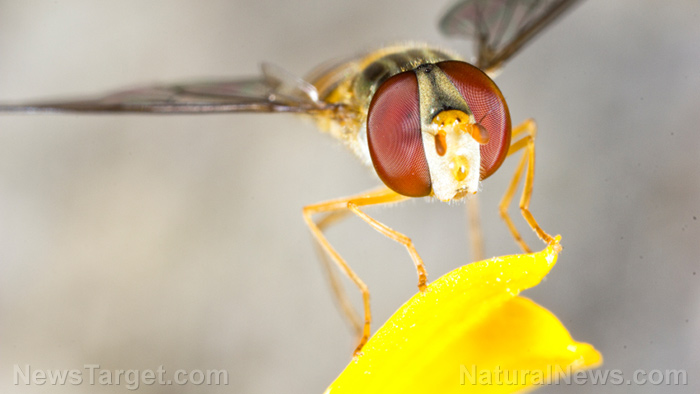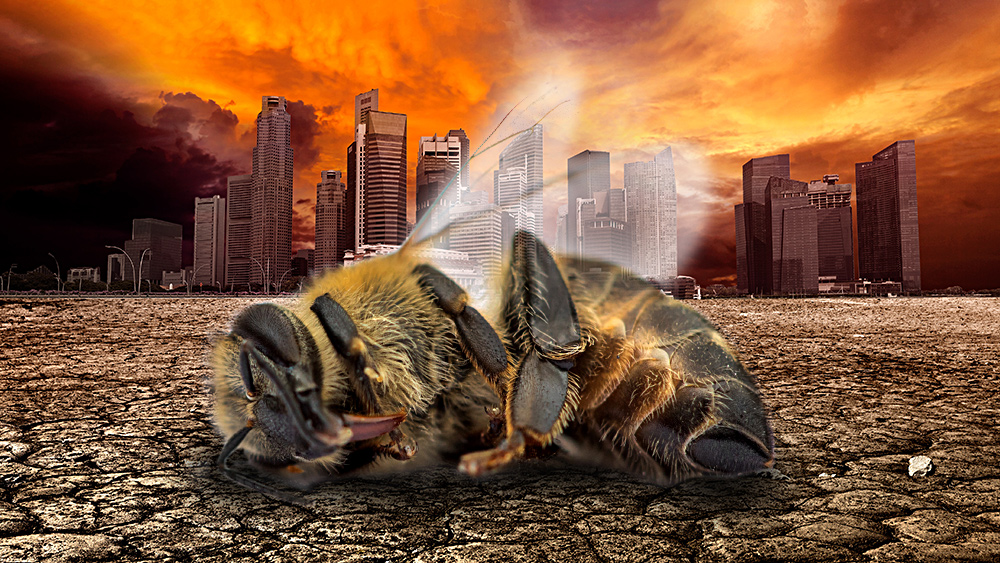Monsanto may soon face “FLOOD” of lawsuits from cancer victims of Roundup herbicide
07/12/2018 / By Isabelle Z.
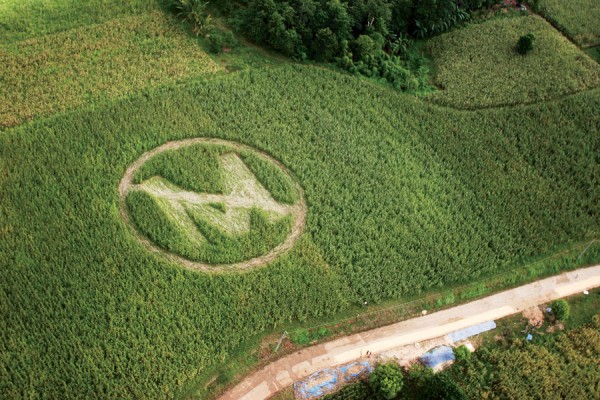
Monsanto, the maker of the world’s most popular weed killer Roundup, could soon be facing an unrelenting flood of lawsuits from people who got cancer from their product.
On Tuesday, a federal judge decided to allow three expert witnesses to give their testimony pertaining to Roundup’s carcinogenicity. U.S. District Judge Vince Chhabria ruled that the three experts could testify, and he even went so far as to say that their opinions were not “junk science.” The judge will be residing over more than 400 of the lawsuits against Monsanto.
In his opinion, Chhabria wrote: “So long as an opinion is premised on reliable scientific principles, it should not be excluded by the trial judge; instead the weaknesses in an unpersuasive expert opinion can be exposed at trial, through cross-examination or testimony by opposing experts.”
The firm is currently defending itself in a trial with 46-year-old Dwayne Johnson, who says he became ill with non-Hodgkin’s lymphoma after he used Roundup for more than two years in his role as a school groundskeeper in California. The dying man is just the first in a list of around 4,000 people with similar lawsuits.
Johnson’s lawyer, Timothy Litzenburg, and Monsanto have agreed not to talk to the media until a jury is in place, but as the representative of hundreds of other victims, he has spoken in the past about the direct link between the rise in Roundup use and the spike in non-Hodgkin’s lymphoma.
Another of his clients, 68-year-old coffee bean farmer Christine Sheppard, likened Monsanto’s antics to those of the tobacco industry. She said: “They hid reports linking its weed killer to cancer.” She’s suing them because she’d like to see the product banned and removed from store shelves so others won’t have to suffer like she did.
Monsanto knew that Roundup caused cancer and sold it anyway
It’s important to note that this case is not only about Roundup causing cancer but also the fact that Monsanto has long known these products can be deadly and went out of its way to hide it.
The EPA has helped them by ignoring data illustrating the link between non-Hodgkin’s lymphoma and glyphosate. The Scientific Advisory Panel found that they threw out studies that shed the products in a negative light, including one that showed farmers who were exposed to the chemical had a 27 to 50 percent higher risk of cancer than control groups.
Should the jury side with Johnson in his case, Monsanto can expect to be flooded with similar lawsuits, with thousands of plaintiffs waiting to see what happens. According to investigative journalist Carey Gillam, the litigation could potentially go on for decades and cost billions of dollars to Monsanto and its new owner, Bayer.
Not surprisingly, Monsanto Vice President Scott Partridge said that the opinions of the experts Judge Chhabria is allowing to testify are “shaky.” He says that “robust” evidence proves glyphosate has “absolutely no” connection to cancer. He’s repeated the lie so often that he might even be starting to believe it.
The real question now is whether or not it will hold up in court. Monsanto doesn’t shy away from using tactics like fabricating and manipulating data, discrediting scientists and other experts who are brave enough to tell the world how dangerous their products are, and mounting deceitful PR campaigns designed to pull the wool over the public’s eyes.
An attorney for the plaintiffs in the upcoming lawsuits, Michael Baum, expressed relief that the judge resisted Monsanto’s efforts to get the suits thrown out, adding that he was looking forward to getting his clients their day in court.
Sources for this article include:
Tagged Under:

